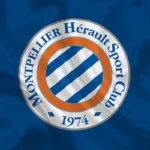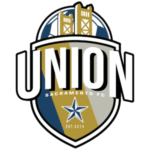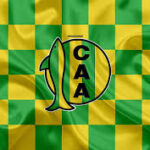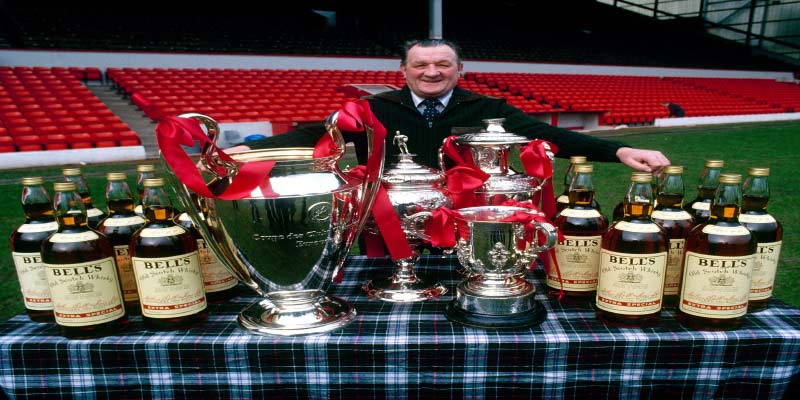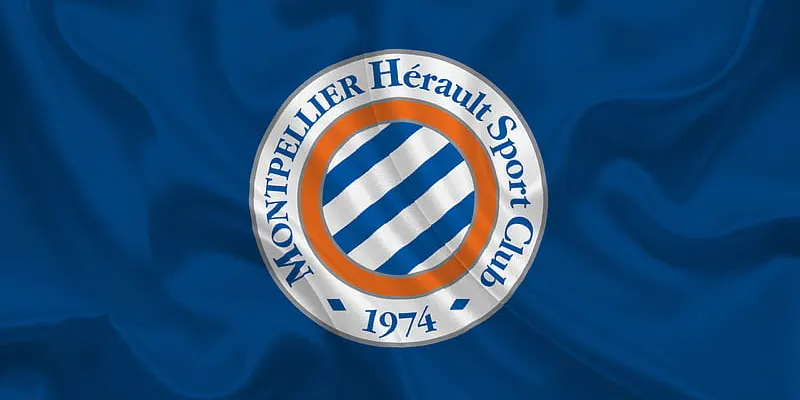Bob Paisley is a name that resonates throughout the annals of football history, especially for fans and followers of Liverpool FC. The player-turned-manager not only left an indelible mark on the club but also transformed the landscape of English football. His tactical brilliance, profound influence, and dedication to the sport made him one of the most esteemed figures of his time. In exploring his journey, we uncover the essence of Bob Paisley’s legacy at Liverpool FC.
Bob Paisley: The Legendary Manager of Liverpool FC
Bob Paisley served as the manager of Liverpool FC during a transformative period that saw the club rise to the zenith of English and European football. His managerial journey at Anfield began in the early 1970s, a time when the club was seeking a voice that could lead them back to glory after a period of upheaval.
Paisley’s initial foray into management was laden with uncertainty, but it quickly became apparent that he possessed a vision and tactical acumen that would redefine the club’s identity. His deep understanding of the game, coupled with a keen sense of player management, enabled him to mold a championship-winning team. The respect and authority that Paisley commanded within the club were instrumental in cultivating a winning culture.
Some might argue that his greatest achievement was not merely the accolades he brought to Liverpool but the methods and philosophies he instilled in the club’s ethos. Under Paisley’s guidance, Liverpool not only won trophies but did so while showcasing a brand of football that was both entertaining and effective.
The Early Years
Before ascending to managerial greatness, Bob Paisley had experienced his share of triumphs and challenges as a player. Joining Liverpool FC in 1939, he served as a defensive stalwart during his playing career. His experience on the pitch allowed him to develop qualities that would be pivotal when he transitioned into a managerial role.
The tumultuous backdrop of World War II interrupted Paisley’s playing days, yet his determination never wavered. After the war, he returned to Liverpool and continued to build on his capabilities, earning respect not only for his skills but also for his tactical awareness.
It was after his retirement as a player in the 1950s that Bob Paisley started his journey in coaching. Initially taking on roles within the club’s youth and reserve teams, he honed his skills, understanding the nuances of nurturing talent. This foundation would serve him well when he progressed to higher managerial ranks.
Transitioning into Management
Following the retirement of Shankly, Bob Paisley stepped into an interim managerial role before officially becoming Liverpool’s manager in 1974. Though his transition was met with skepticism from some quarters, his appointment proved to be a remarkable success. Paisley brought a fresh perspective, focusing on the physical well-being of players and developing innovative training methods that aligned with the changing dynamics of football.
The respect he garnered as a previous player meant that he connected well with the squad, creating a cohesive environment. His approachable nature and willingness to listen to players fostered a sense of trust—a vital element for any successful manager.
Moreover, his tactical aptitude was evident from the outset. He implemented a disciplined yet fluid style of play that harnessed the strengths of the squad, paving the way for unprecedented success in English football.
The Tactical Brilliance of Bob Paisley
Bob Paisley’s tactical brilliance was defined by his adaptability and forward-thinking nature. His strategic prowess manifested through innovative game plans that often left opponents confounded.
In an era when football was experiencing evolution, Paisley recognized the importance of tactical flexibility. He understood that adhering to a rigid style would not yield long-term success, and thus championed a more dynamic approach that allowed players to express themselves on the pitch while remaining cohesive as a unit.
Emphasizing Ball Control and Tactics
Paisley emphasized a philosophy centered around ball control. This approach required players to be technically proficient and sought to maintain possession as a means of dictating the pace of the game. Instead of relying on individual brilliance, his system was designed to foster teamwork, cultivating an environment where players worked synergistically.
His keen eye for identifying talent further bolstered his tactical methodologies. Players who thrived under his stewardship were often noted for their intelligence on the pitch, showcasing the fruits of Paisley’s emphasis on cerebral football. He once remarked about how football is a game of mistakes; hence, minimizing those errors through practice and preparedness became a hallmark of his strategy.
Strategic Mastery in High-Stakes Matches
Skillful in reading the opposition, Paisley was adept at preparing his team for high-pressure situations. Whether in cup finals or crucial league matches, he tailored his tactics to exploit weaknesses in opponents. This foresight often bore fruit, as evidenced by pivotal victories in European competition.
Paisley’s strategic choices were anchored in thorough research, where he painstakingly analyzed opponents’ tactical setups, player strengths, and weaknesses. A notable example includes his approach against Borussia Mönchengladbach in the 1977 European Cup Final, where his side’s tactical discipline and execution overwhelmed the German team.
Pressing and Counter-Attack Football
One of the defining aspects of Bob Paisley’s tactical brilliance was his implementation of pressing and counter-attacking football. His squads were trained to win the ball back quickly when possession was lost, embodying a tenacious work ethic that endeared them to fans.
This approach not only closed down space for opponents but also aimed to transition quickly into attack. The speed at which Liverpool moved the ball from defense to attack resulted in numerous goals, often catching adversaries off guard. This aspect of his tactical philosophy remains a template that has influenced contemporary football ideologies.

